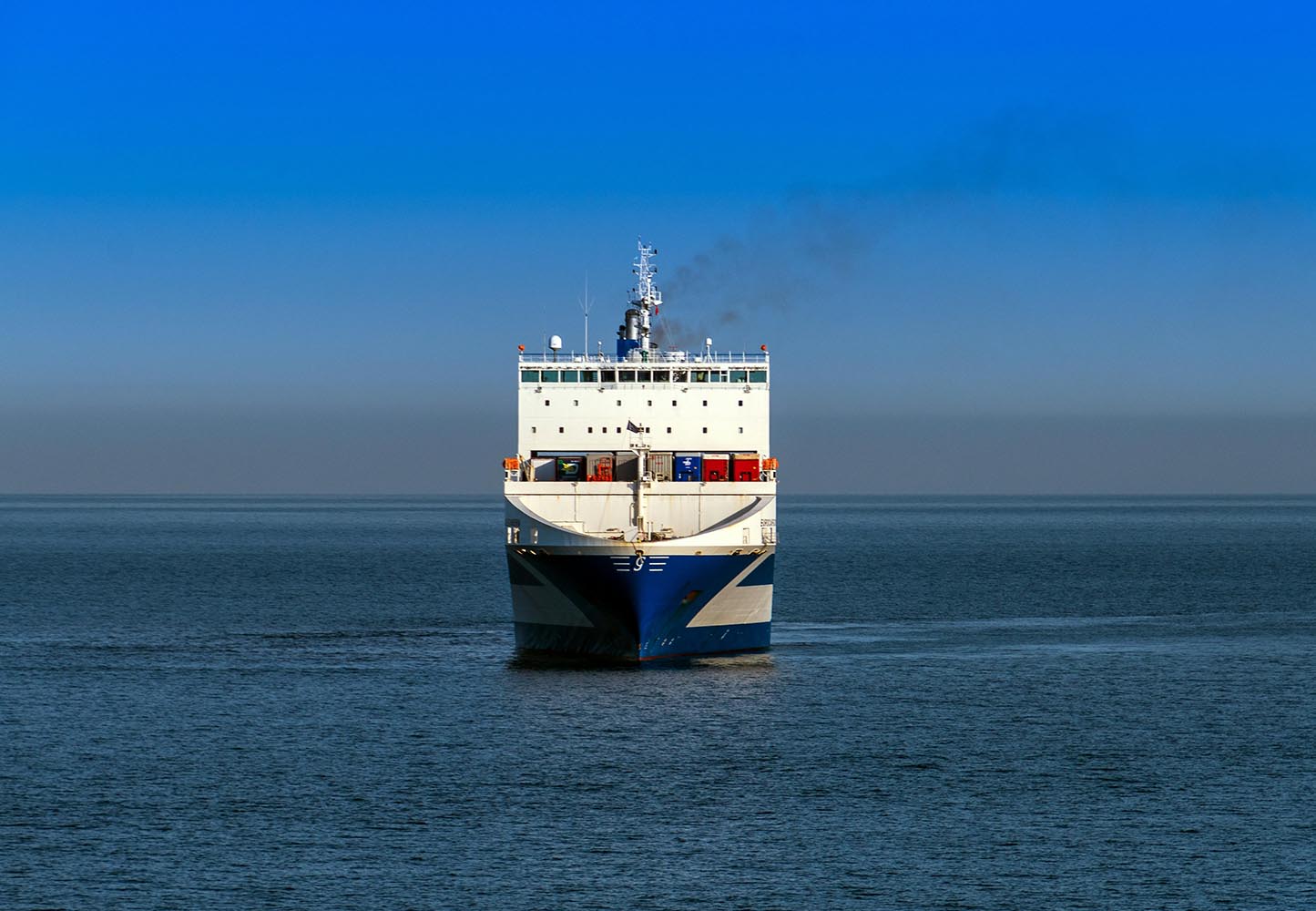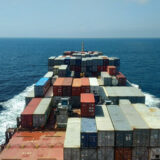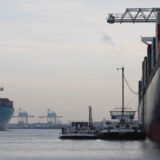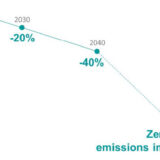
IMO moves forward with shipping emissions regulations
The International Maritime Organization (IMO) has made significant progress toward implementing global regulations to reduce greenhouse gas (GHG) emissions from the shipping industry. At the 82nd session of the Marine Environment Protection Committee (MEPC), held from 30 September to 4 October 2024, delegates agreed on key elements of a new legal framework designed to align with the IMO’s 2023 strategy to achieve net-zero GHG emissions from ships by 2050.
New measures in the IMO framework
The committee drafted legal texts to serve as the foundation for “mid-term GHG reduction measures” expected to be adopted in 2025. These measures include:
– A goal-based marine fuel standard to phase in fuels with lower GHG intensity.
– A global emissions pricing mechanism for maritime GHG emissions, aimed at incentivising cleaner technologies.
These proposed measures build on the existing “short-term GHG reduction measures” and reflect the shipping industry’s commitment to reducing emissions while facilitating its transition to net-zero.
MARPOL amendments and new initiatives
Discussions during MEPC 82 focused on potential amendments to MARPOL Annex VI to incorporate the new GHG reduction measures into international law. Additionally, members explored the creation of an IMO GHG Intensity Registry and a global fund to support the implementation of economic and technical measures.
IMO Secretary-General Arsenio Dominguez praised the progress made during the session, stating: “The constructive atmosphere enabled further convergence on the legal framework for the IMO Net Zero Framework. I am confident we will reach an agreement at the next session.”
Next steps: Refining the legal framework
The MEPC will hold further intersessional meetings in preparation for MEPC 83, scheduled for 7-11 April 2025. During this time, members will resolve outstanding issues and refine the legal text ahead of a final adoption vote planned for October 2025. Upcoming meetings include:
– ISWG-GHG 18 (17-21 February 2025)
– ISWG-GHG 19 (April 2025, prior to MEPC 83)
The committee also announced a workshop on the potential impacts of the mid-term measures on food security, underscoring the broader implications of the proposed regulations.
Additional decisions at MEPC 82
Beyond GHG reduction, the committee adopted several significant decisions, including:
– Designating the Canadian Arctic and Norwegian Sea as Emission Control Areas for nitrogen and sulphur oxides and particulate matter.
– Approving an Action Plan for Reducing Underwater Noise from commercial shipping.
– Supporting enhanced regulation for the transboundary movement of ships intended for recycling under the Hong Kong and Basel Conventions.
– Recognising the Nusa Penida and Gili Matra Islands in Indonesia as a Particularly Sensitive Sea Area.
– Advancing measures to reduce environmental risks related to the transport of plastic pellets.
The progress made during MEPC 82 marks a critical step in the IMO’s journey towards achieving net-zero emissions from shipping by 2050. The next round of negotiations will focus on refining the proposed measures and ensuring they align with the environmental and economic realities of the global shipping industry.
As the adoption of these regulations draws nearer, the maritime sector is expected to play a key role in the global transition to sustainable energy and emissions reduction.














